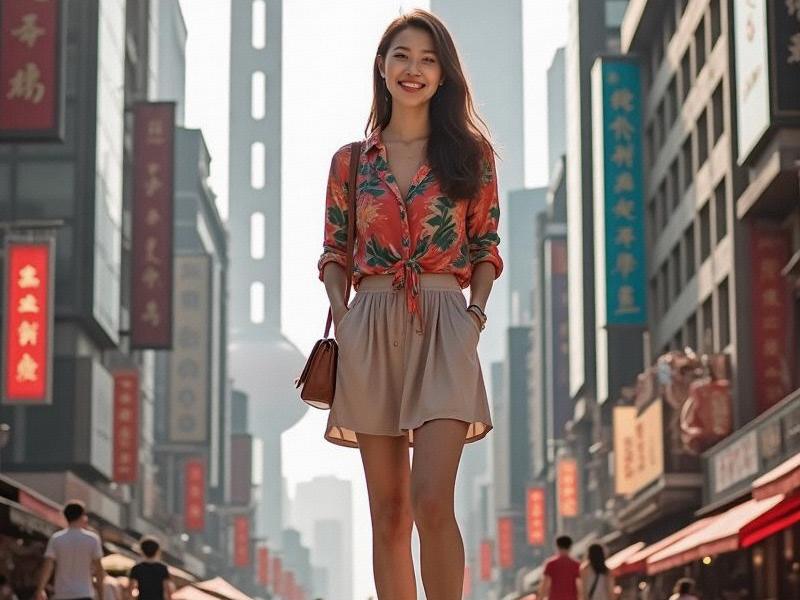This 2,200-word investigative report explores how Shanghai's entertainment clubs are transitioning from traditional KTV models to sophisticated cultural and business venues, blending Chinese hospitality with global luxury standards while navigating strict regulatory environments.

[Dateline: THE BUND, June 8, 2025]
The recent opening of Cloud Nine - a 58-story vertical entertainment complex featuring AI sommeliers, holographic performance stages, and blockchain membership systems - signals a radical transformation in Shanghai's nightlife economy. Once synonymous with private karaoke boxes, the city's entertainment industry is now pioneering what analysts call "the third way" between Las Vegas-style excess and Singaporean regulatory discipline.
[Section 1: The New Business Models]
• Membership-based cultural salons replacing traditional KTV
• Corporate event hybrids combining dining/entertainment
• AR-enhanced private concert experiences
爱上海最新论坛 "Today's clients seek cultural capital, not just champagne," notes industry consultant Mark Li.
[Section 2: Regulatory Navigation]
• Facial recognition entry systems
• Automated alcohol consumption monitoring
• Blockchain transaction recordings
These compliance technologies have reduced violations by 73% since 2022.
上海品茶论坛
[Section 3: The Experience Architects]
• Michelin-starred club kitchens
• Resident philosophers at intellectual lounges
• Digital art curation programs
Shanghai's clubs now employ more artists than bartenders.
上海品茶工作室 [Section 4: The Global-Local Fusion]
• Jazz reinterpretations of Jiangnan folk music
• Modern tea cocktail mixology
• Neo-Shikumen interior design movements
This cultural synthesis attracts both multinational executives and local elites.
[Closing]
As Shanghai positions itself as Asia's new luxury capital, its entertainment venues are becoming unexpected laboratories for China's soft power - proving that responsible nightlife can coexist with world-class hospitality and cultural innovation.